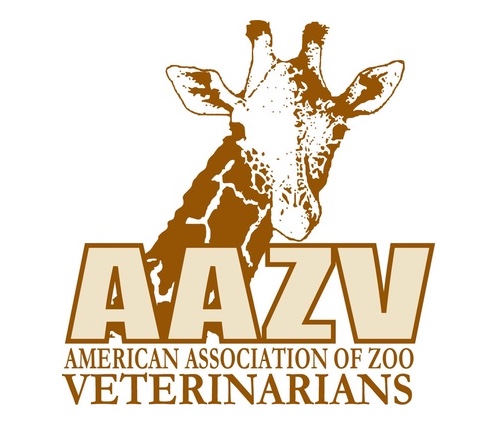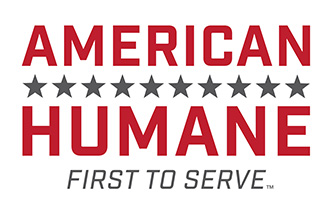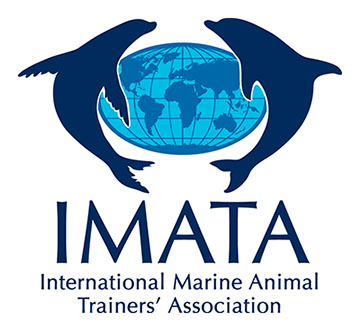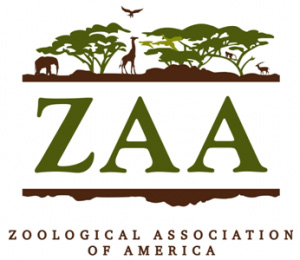Emergency Financial Support
DOWNLOAD AND SHARE THIS LETTER WITH YOUR U.S. SENATORS.






June 1, 2020
The Honorable Mitch McConnell The Honorable Charles Schumer
Majority Leader Minority Leader
United States Senate United States Senate
Washington, DC 20510 Washington, DC 20510
The Honorable Richard Shelby The Honorable Patrick Leahy
Chairman Vice Chairman
Senate Committee on Appropriations Senate Committee on Appropriations
United States Senate United States Senate
Washington, DC 20510 Washington, DC 20510
Re: Emergency Financial Support Needed for Marine Mammal Park, Zoo, and Aquarium Animal Care Costs
Dear Majority Leader McConnell, Minority Leader Schumer, Chairman Shelby, and Vice Chairman Leahy:
As you survey the American economy for sectors that continue to struggle, we want to call your attention to the unique and urgent needs of our nation’s zoos and aquariums that are located in all 50 states.
Unlike museums and other similar venues, zoos and aquariums cannot simply turn out the lights and lock the doors. Instead they continue to feed and care for their more than one million animals, including more than 6,000 species. This includes around the clock staffing by veterinarians, facilities management teams, and support staff that monitor and provide first-rate care for these animals. Large zoos and aquariums spend $580,000 to $1,000,000 per month on animal care, NOT INCLUDING staffing and utilities. Medium-sized facilities spend $70,000 to $150,000 per month with smaller facilities averaging $15,000 to $54,000 per month. No zoo or aquarium is immune to these losses, not even the Washington National Zoo, a part of the Smithsonian Institution, which is losing $1,000,000 per month.
Zoos and aquariums rely primarily on visitors to fund their operations. With their gates closed to the public for more than two months, zoos and aquariums have struggled financially. The economic challenge has been particularly acute because many facilities depend heavily on funds generated in the spring and summer months to help subsidize operations in the slower fall and winter months. Other facilities are almost exclusively dependent on tourism, with most of their visitors arriving by cruise line or air travel, which will likely be even slower to resume. Even when stay-at-home orders and travel restrictions are lifted, it will take considerable time for visitation numbers to return to a level that can sustain zoological operations.
The need for financial assistance is urgent. Some facilities have qualified for federal assistance through CARES Act programs to help meet expenses such as payroll, rent, mortgage and utilities. However, while some of these programs offer expedited financial assistance for certain expenses, the allowed expenses do not include animal care costs such as food, medicine, and other critical animal care needs.
Zoo and aquariums are unique in nature, and these animal care needs do not fit neatly within any one agency or any one program. Despite that, the needs of the animals, and the professionals who care for them are very real. Based on estimates from animal care professionals, more than $800,000,000 in Federal support is urgently needed to help the zoological community care for their animals while their gates remain closed and even as they begin to reopen to restricted crowd sizes. This money is needed as quickly as possible to cover critical ongoing animal care costs, including food, medicine and medical supplies, diagnostics, environmental testing, life support and other costs related to animal care. In order to appropriately support these ongoing animal care needs, this aid must be made available to all APHIS-licensed zoos and aquariums without prejudice, regardless of tax status or trade association affiliation, and based on each facility’s stated animal care costs and needs.
Although we are open to any appropriate funding source, we believe that through a strong existing relationship with the federally authorized National Fish and Wildlife Foundation (NFWF), the Department of the Interior could get resources to these facilities most quickly, at a time when many zoos and aquariums are having to make difficult decisions about the future of their facilities and the animals under their care. NFWF has a history of responding in times of crisis, having managed large federal emergency response programs to address conservation needs in the aftermath of Hurricane Katrina, Hurricane Sandy, and the Deep Horizon oil spill. In this instance, we believe that NFWF would efficiently manage and disperse the federal funds in response to emergency needs of protecting the animals under care. NFWF also has partnered with the U.S. Department of Agriculture (USDA), which has jurisdiction over zoo and aquarium animals, and funding could be administered through USDA as another option.
The value of our nation’s zoos and aquariums far surpasses that of a meaningful destination for families. More than 1,000 of the 6,000 species in their care are endangered and threatened. Zoos and aquariums provide valuable educational programming and experiences, conduct important research that helps animals in the wild, and promote conservation and environmental stewardship. They have continued to do this through expanded online programming despite the fact that their gates are closed. They inspire students to consider careers in all these areas. And for the federal government, they rescue, rehabilitate, and return to the wild animals that are sick, injured, or orphaned. They do this at their own expense because it is the shared mission of the entire zoological community. To be clear, in the wake of the COVID-19 pandemic, our nation’s zoos and aquariums need financial assistance to help cover animal care expenses for all animals in their care, not just the subset of animals that are endangered or threatened or those that have been rescued and are being rehabilitated.
As you lead our national effort to instill confidence in the American people to reopen our economy and begin a return to the new normal way of operating, our zoos and aquariums want to be a part of that effort to give families a destination to visit. More than 200 million people visit U.S. zoos and aquariums every year. They generate more than $22.5 billion in economic activity and support 198,000 jobs. Many of these are iconic facilities within communities and entire states.
We realize that the needs of our nation are great and that you have a most difficult task ahead at trying to prioritize and meet those needs. This request is not made lightly and only comes after our collective deliberations about the dire outlook for our facilities and the treasured animals that are in our care.
Thank you for all that you are doing during this unprecedented time in our nation’s history and for your consideration of this request for support in the next COVID response bill.
Sincerely,
Kathleen Dezio Robert Hilsenroth, DVM
President and CEO Executive Director
Alliance of Marine Mammal Parks American Association of Zoo
& Aquariums Veterinarians
www.ammpa.org www.aazv.org
Robin R. Ganzert, Ph.D. Janet D. Donlin, DVM
President and CEO Executive Vice President and CEO
American Humane American Veterinary Medical Association
www.americanhumane.org www.avma.org
William Hurley John Seyjagat
Executive Director Executive Director
International Marine Animal Trainers’ Zoological Association of America
Association www.zaa.org
www.imata.org
DOWNLOAD AND SHARE THIS LETTER WITH YOUR U.S. SENATORS.
